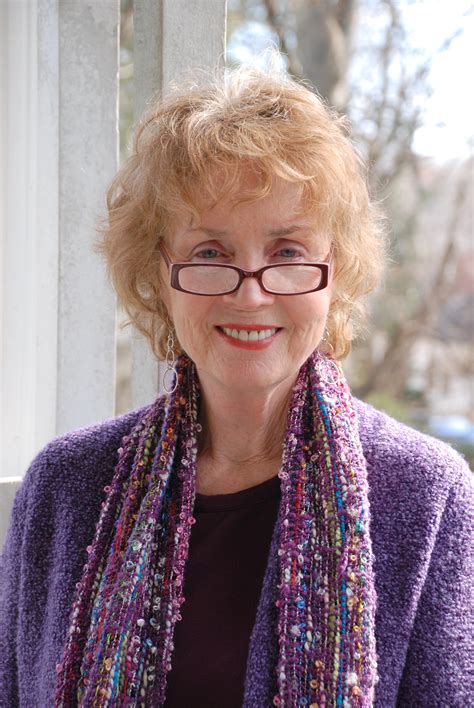A Quote by Rene Russo
I was raised in a lower-income family, and we were wild.
Related Quotes
Hear and attend and listen; for this is what befell and be-happened and became and was, O my Best Beloved, when the Tame animals were wild. The dog was wild, and the Horse was wild, and the Cow was wild, and the Sheep was wild, and the Pig was wild -as wild as wild could be - and they walked in the Wet Wild Woods by their wild lones. But the wildest of all the wild animals was the Cat. He walked by himself and all places were alike to him
I was raised in a little church, the Grundy Methodist Church, that was very straight-laced, but I had a friend whose mother spoke in tongues. I was just wild for this family. My own parents were older, and they were so over-protective. I just loved the 'letting go' that would happen when I went to church with my friend.
When women earn the money for the family, everyone in the family benefits. We also know that when women have an income, everyone wins because women dedicate 90% of the income to health, education, to food security, to the children, to the family, or to the community, so when women have an income, everybody wins.
The best thing we can do for family values is to repeal the income tax. Then families will have the resources they need to implement their own values - and not those of the politicians. With the income tax gone, families will no longer be forced to have two breadwinners by necessity. Children will be raised better, family values will predominate, and crime will diminish. If your local school indoctrinates your child with values that are alien to you, you'll have the money to buy a private education.
We have a nation where the elite thinks it's OK to advocate a war and send the lower-income people to do the fighting. It's natural for such a people to think that the lower-income people should also have a worse health care experience. And the other countries are not there - I always say, not there yet. I tell the Germans and the Swiss, "You're not there yet, but if you're not very, very careful, if we Americans come over there and rearrange ... your health care system, you will be just like us."
If you're going to compare a middle-income black kid with a middle- income white kid, and, say, you control for family background, family education, and family income, and if this middle-income black kid doesn't score as well as the white kid on the test, then I say, look, you haven't taken into consideration the cumulative effect of living in a segregated neighborhood and going to a de facto segregated school. You're denying a position at Harvard or some other place to a kid that really could make it. That's why I support affirmative action that's based on both class and race.
The richer people, when they get another $100,000, or another million, or 10 million, don't tend to spend it as much as the poorer people would if they got another $100 or $1,000 or $5,000. All the empirical evidence suggests that the rich tend to consume a lower proportion of income than middle and lower-income people.




































